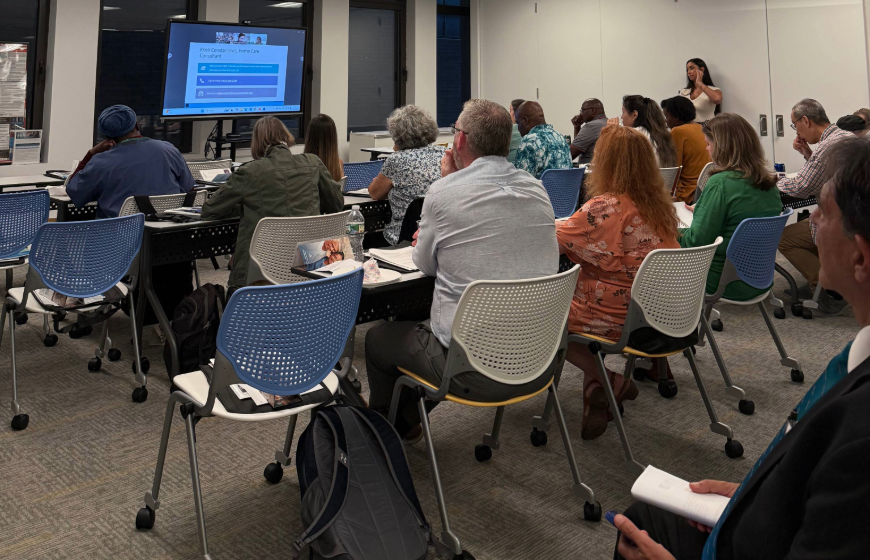Since the early 1900s attention-deficient disorder (ADD) and attention-deficit hyperactivity disorder (ADHD) have been considered childhood diagnoses. Both disorders have recently been added to the lexicon of adult health care providers. Older adults, however, have been left out of the equation.
Until now.
This year, Norwegian researchers created the first ever epidemiological study on the prevalence of ADD and ADHD in older adults. By adjusting the diagnostic criteria for ADHD or ADD in children to better represent the current study group, researchers interviewed thousands of older adults (average age of 71 years). They questioned symptoms such as inattention, hyperactivity and impulsivity along with lifestyle factors including work, education, family/relationships and self-confidence.
As expected, researchers found that ADHD is not something that disappears with age. Despite the cognitive changes of aging, ADHD and ADD remained a significant concern within this demographic. The prevalence rate of symptomatic ADHD was estimated at 4.2%; that’s almost 150,000 older adults in the Netherlands. Interestingly, ADHD did not discriminate between living situations, education levels or income.
These results add confusion to an already complicated situation. Older adults experience many natural cognitive changes and are subject to myriad neurogenerative diseases. Could it be that ADD or ADHD are misdiagnosed as dementia? These researchers say yes. Could the lives of these 4.2% of older adults improve with proper diagnosis and treatment? More research is needed, but it certainly seems so.
There may be overlap between normal cognitive decline and symptoms of ADD within the older adult population, but there has already been cases proving that the treatment of ADD or ADHD for the appropriate older adult patient has amended forgetfulness and memory loss, allowed for better sleeping patterns and enhanced well-being.
We may be on our way to adding ADD and ADHD screening tests to geriatrician visits. In the meantime, we at Alliance can help. If you or someone you love seems to exhibit signs of inattention, memory loss or sporadic behavior, let us know. We can help make sure you or your loved once is safe, cared for and rightly diagnosed.
If you have further questions about our services, please contact us at 1.877.687.7380 (NURSE80).




